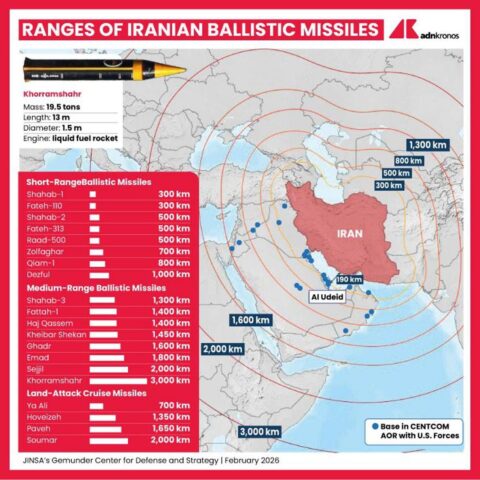Kyoto, Oct. 9 (Jiji Press)–Susumu Kitagawa, a 74-year-old Japanese researcher who has won the 2025 Nobel Prize in Chemistry, has words of Chinese thinker Zhuangzi to live by–something apparently useless is actually important. A metal-organic framework, or MOF, also known as porous coordination polymer, developed by Kitagawa functions by absorbing gases into an empty space. The porous material with a myriad of nano-sized holes that looks like a jungle gym has the potential to help resolve environmental and energy problems. The Royal Swedish Academy of Sciences announced on Wednesday its decision to award this year’s chemistry Nobel to Kitagawa, special professor at Kyoto University, and two other researchers “for the development of metal-organic frameworks.” “I have a lot to do,” Kitagawa told a news conference at the university in western Japan on Thursday. “I think I’ll look back on my research and immerse myself in feelings far in the future.” Before the press conference, he received a bouquet of flowers from people who greeted him with applause. With a cheerful expression, he said, “I hope this field will expand more and more, and not only academic but also various other needs will appear.” Born in the city of Kyoto, Kitagawa studied at the university’s Faculty of Engineering, where he came to know about the thoughts of Zhuangzi in a book he picked up at a nearby bookstore. The series of books, “Tensai no Sekai,” (the world of genius) was written by Hideki Yukawa, a Japanese Nobel laureate in physics. “The ideas were persuasive and had a great influence on me,” he said. At the university, Kitagawa studied quantum chemistry, following in the footsteps of Kenichi Fukui, a Japanese Nobel laureate in chemistry. Kitagawa once considered finding a job in the then popular petrochemical industry, but decided to follow an academic career upon the invitation of his mentor, Isao Morishima, an emeritus professor at the university who was a direct student of Fukui. Kitagawa was eager to “create a new field.” He specialized in metal complexes, or chemical compounds of metal molecules. Although porous materials were out of his domain, Kitagawa succeeded in synthesizing an innovative new material from metal ions and organic molecules. But the achievement, unveiled in 1997, drew criticism from people who compared the new material with typical porous materials such as activated carbon and zeolite. They asked what was the use of bothering to make a costly material from organic matter. At an academic conference in the United States, his presentation immediately drew harsh criticism. While eating breakfast, Kitagawa was told, “You’re wrong.” Looking back on that time, Kitagawa said: “Every time there is something new, criticism grows. Also in Japan, I was told I was lying.” However, if Kitagawa’s porous material is synthesized properly, it can be made into a solid product with the same structure. Now, 8,000 to 9,000 related research papers have been released every year amid fierce competition. Kitagawa has begun to receive requests to deliver keynote speeches at international conferences attended by as many as 2,000 people, and he now believes, “This field is growing.” When the porous material is used to extract from the air carbon and other materials that could serve as resources, Kitagawa believes it will lead to resolving problems related to natural resources and energy, the environment and medicine. “Countries without underground resources can benefit from the earth. When there is a technology that helps freely use things like the air, no territorial dispute nor conflict will occur,” he said. Expressing his hopes for young researchers, Kitagawa said: “It’s time for science to contribute to peace. This is what young people need to take decades to realize.” END [Copyright The Jiji Press, Ltd.]
Nobel Winner Kitagawa Believes in “Useful Uselessness”




